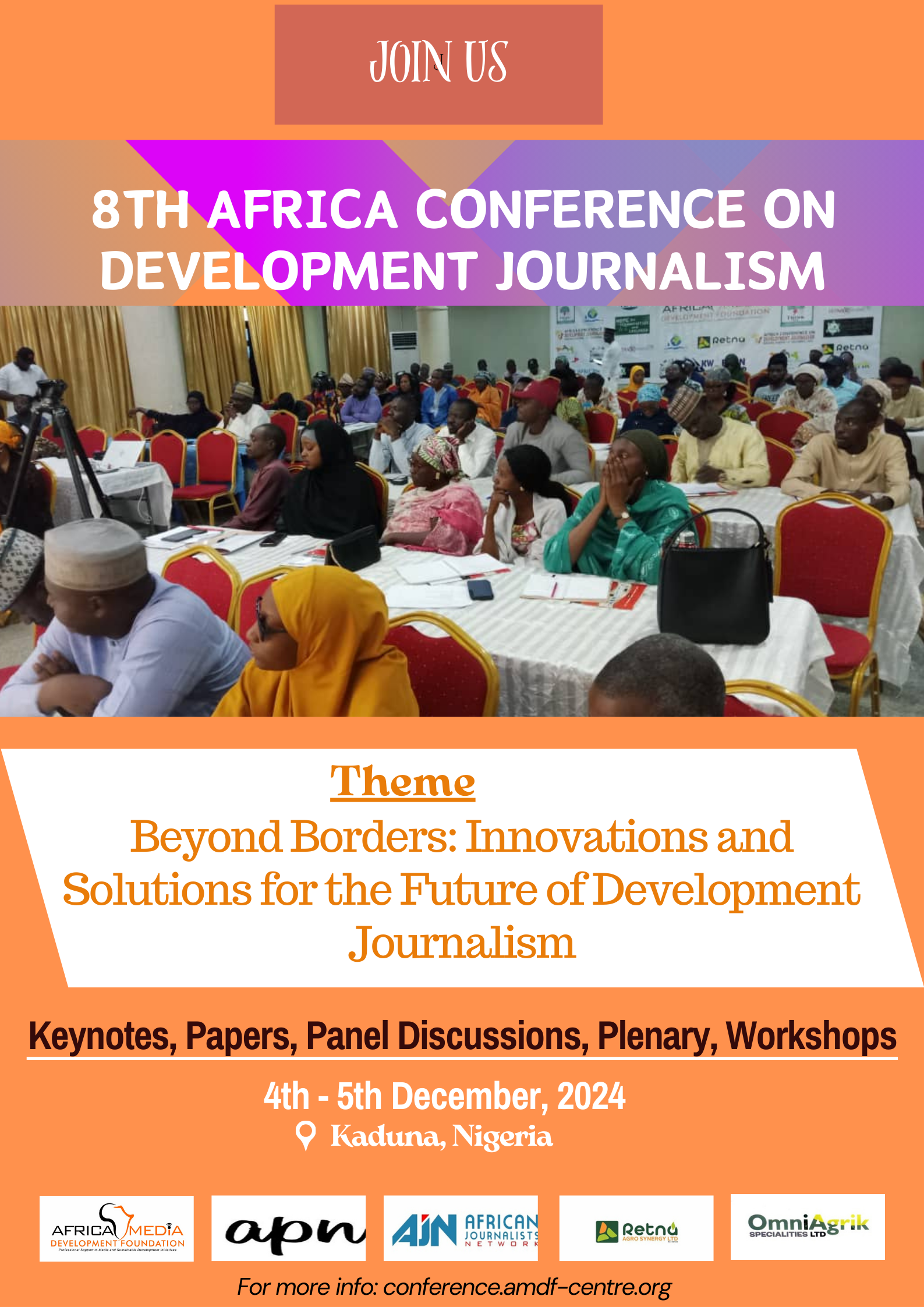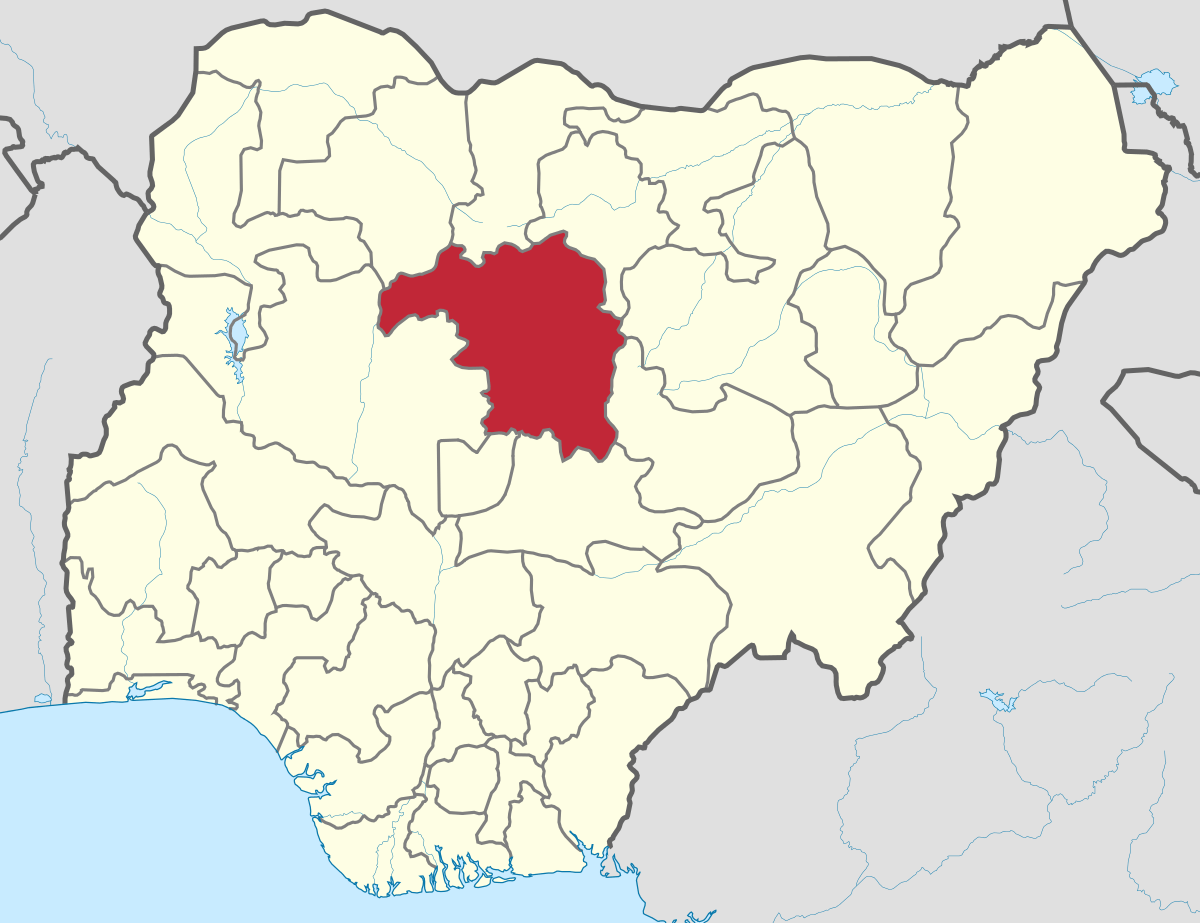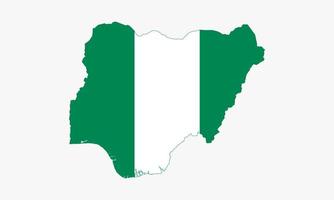My point of departure is the children. It has always been. For me, it is certain that even with the best form of care-giving to them – both at home and their other points of socialisation, such as the school, children are always liable to making mistakes, as they carry through with their different social roles. This is more so as they are continually bound to come under all shades of influence, particularly those of their peers – which usually determines the nature and extent of their blunders. It becomes more worrisome in these days of the ubiquitous electronic devices, a non-forgetting Internet, and social media, etc.
But what sort of safety nets or protocols do we put in place in society to immediately ensure that when our children make mistakes – no matter how grievous, as they are wont to do, the learning and correction process therefrom is made easier for them? And in ways that make them come through situations all wiser and on the mend, rather than being made the subjects of pervasive public opprobrium, which could impact them a lot more negatively, if not damage them permanently.
A most critical instance that brings the foregoing into clearer view was the recent sex scandal involving a group of teens from the Lekki, Lagos branch of the Chrisland Schools, who were in attendance of the World School Games in Dubai, the United Arab Emirates, but ended up in a recorded sex situation that has put the Nigerian society in a media over-spin in the past two weeks.
My initial source of concern was the manner in which the story made it to public consciousness through the appeal of the mother of the young girl involved in the situation, among five other boys. Her sense of trauma was raw, contagious and heart-rending, as was the accusation that her daughter was drugged and raped deeply lacerating.
Then, my immediate instinct cut through the chase, as I wondered how kids of that age could have access to such level of psychotropic substances – could they have taken this with them from Nigeria, and how did this escape all the prying electronic eyes at the Nigerian and Dubai airports? Or could they have procured this in Dubai? But how could the latter have been possible, with many of them that young? And, I wouldn’t be surprised if a number of them are first-time visitors to Dubai. So, how could they have known how to get such drugs? Those were my first thoughts, in relation to the mother’s accusations.
Thereafter, the narrative gradually started to change from the accusation of rape and molestation, with the various vicious and unkind interrogations and commentaries on the social media, suggesting that the kids could have been up to what they did, not out of any level of coercion, but as a result of undue access and exposure, and a failure of care-giving. Subsequently, it became more evident that the issue had been largely broken and driven on social media due to the intervention of some influencer, who did this either as a form of altruistic or self-seeking pursuit, depending on whose perspective one chooses to believe.
Hence, my dominant instinct couldn’t have been more correct – no matter the pressure we are under, we will always need to exercise some level of circumspection and be very careful about how we take issues involving children – or even any issue at all – to the highly impersonal and nasty court of social media. This has the potential of exacerbating such issues, giving them a different life, spin and texture, that could ultimately come back to haunt all involved, particularly children.
While the Dubai sex ‘tape’ issue raged in the media, driven by the egos of those seeking to apportion blames and crucify others – particularly Chrisland Schools (which I thought was a bit too hasty), did anyone ponder over how the social media crucifixion and lynching could possibly impact the mental health of the children involved? Or even impair the brand of the institution involved, when it was all at an early stage and there wasn’t yet proper clarity about where the fault ultimately lay.
All said and done, and now from the benefit of hindsight, in as much as one was almost swayed to have considered Chrisland Schools as having been largely negligent, newer evidence and how the issue has panned out forces a rethink on one, that maybe the earlier quiet way in which the school had sought to resolve the issue was possibly in the best interest of the teens involved. We now know that the school had actually reached out to the parents of the children involved – unlike what we were earlier told on social media – and had made efforts to both reprimand and rehabilitate the children involved.
Yet, the influencer involved – alongside the willing online cohort – was in so much of a hurry with only one version of the story, cooking up a social media storm that not only spun and initially ran this version of the narrative, but readily decided on a cast of villains and victims. This cast was paraded before a lynch mob, which took turns to mock and then hang the children, alongside Chrisland Schools, before it later found better game in the crucifixion of parental irresponsibility. I will come to the latter point shortly. In all these, did we all pause to consider that these were children involved, and whether there could have been a better way of dealing with issues concerning them?
Essentially, I put a significant burden of the blame of how things subsequently spun out of control on the government. I believe that the government needs to evolve a better system of managing these issues when they erupt, through rules and regulations on how to address such crisis, coupled with penalties for indiscretion in circulating information about children. More so, there ought to be advisories around how social media issues can deeply affect children, traumatise and ultimately damage them, which need to be circulated and campaigned on.
The first step ought to be the rolling out of advisories and then advocacies on the need for people to be more circumspect before engaging in social media trails, particularly in relation to specified categories of people, including children. While the Internet – and social media – appears to be a fairly nebulous and uncontrollable space, still there also has to be some sort of efforts at regulating/managing information concerning certain categories of citizens, in concert with operators of the platforms. This could be in terms of agreeing with social media platforms to impose restrictions on access to and the sharing of content that are potentially harmful to these categories of people, when an issue around then gets flagged, and is driving traffic. Why would Twitter allow for the indiscriminate access to and sharing of the Dubai sex video, for instance?
Also, there will need to be a regime of sanctions by government, of those who can be identified. When an issue has been given wings without verification, and it is later found to be untrue, and that some of the unfairly accused are found out to be innocent, there will have to be consequences for the damages done to such accused person or institutions. Particularly so, when such damage might be difficult to rollback or contain.
Importantly, how great a strategy is it for government to always first respond in a knee-jerk manner by closing down schools once there is an outbreak of a crisis like this? What happens to the greater majority whose educational development suddenly becomes arrested? Is it fair for them to suffer for the misconduct of a few? Couldn’t processes be put in place to manage and consider these issues before the hurry to administer blanket punishments like the shutting down of schools before issues are fully determined? While it is quite heart-warming and commendable that Chrisland Schools have been opened, and the students can catch up with their examinations, yet there is need for government to design a more sensitive response mechanism, going forward.
For me, the most salient of all the issues involved in the sex video crisis pertains to how we choose to raise and care for our children, which could either keep leading us to crisis or help us to rein in on this. While many would rather not have parents blamed when issues like this arise, following the logic that even with the best of parental care and intentions, children will always find ways of expressing themselves – for good and for bad. And, that the school is a more significant location of socialisation and the shaping of the conduct and behaviour of children.
Yet, the fact remains that the primary location for care-giving and development of children is the home, which is the originating point where children set forth from and return to. I am of the firm belief that we cannot outsource the agency of the home/parental care to some other levels of care, such as the school. Parents still bear the greater burden of or principal agency in terms of care-giving and the raising of children, while the home is still the very first point of socialisation and matrix of care. Children did not just happen to the world, and they equally had some sort of socialisation and education, even before their points of contact with formal education.
When one chooses to become a parent, it is a whole world of responsibility that needs to be considered very seriously before embarking on it. Children would need the care and direction of their parents through the most critical phases of their development. As such, parents have to pay attention and make it a fundamental part of their duties of care to know all that their children are involved in – their friends, entertainment habits, etc.; and there is need to monitor online behaviour, which is now an inescapable part of the lives we live. Apparently, it is becoming more evident that many children live double or triple lives; with one manifest at home, another at school and still another – which could be more closeted – possibly known only to a select circle of peers, etc., where they can experiment at the limits of socially acceptable conduct – possibly out of curiosity.
We live in a world driven in a significant manner by a pervasive culture of sex, which permeates almost every aspect of experience – from TV to advertising to popular culture, etc., and this is one particular reason why parents need to pay attention.
While I largely agree that it takes a village to raise a child, comprising all the different levels of informal and formal care, but the greater part of the responsibility involved is that of parents. I think a big part of the buck for whatever happens to our children stops with the parents – they gave birth to them, and these kids supposedly spend the greater number of the hours in a day with their mothers and fathers. Which is my attitude to the parents of the children involved in the Dubai sex video, both boys and girls.
There is a level of parental responsibility involved, beyond what could ever be passed on to Chrisland School. Parents put their children in these elite schools; they gift them all manners of internet-compliant devices, which they ought to monitor very closely and help to shape their online access and behaviour, hence curtailing what they are exposed to. It is also the parental duty or responsibility, in a fundamental way, to know their children’s friends, the influences they are open to, and forestall the possibility of these children having multiple personalities.
It is also disturbing to learn – although through unverified sources – that the mother who raised alarms about her daughter’s activities in Dubai is equally being physically abused by her husband. If true, this gives indication of how the nature of a home can also impact on a child’s outlook on life and conducts she expresses in larger social groups.
All this does not totally absolve the role of Chrisland Schools in what has happened. It is however re-assuring from the response of the school, through Mr Akin Fadeyi, a member of its Advisory Board, that the school is “putting in place child protection protocols and working with experts to safeguard any repeat of such incident in any of the Chrisland Schools, going forward”.
And like Dr. Reuben Abati stated in his column a few days ago, it is also pertinent here to acknowledge that the management of Chrisland Schools appears to have changed its game and strategy in crisis communications. The moment the press statement signed by Mr Akin Fadeyi hit the newsrooms and considering the way the social media and traditional media were bombarded by a well-orchestrated alternate perspective, it was clear that Chrisland was not going to assume the sitting ducks’ position this time and allow itself to be punched into abysmal submission.
Like a colleague joked with a serious undertone a few days ago, “It is a miracle of a crisis management outcome, how a rape and drug narrative against a school, which is capable of sinking the school’s reputation for good, was turned on its head till the public believed “there was no rape and there was no drug under our watch”, to quote a line from Akin Fadeyi’s press statement. It is a miracle how the public literally shifted focus from Chrisland and started calling to question the integrity of the claims of the mother of the girl involved and the integrity of the family as a whole.
The management of Chrisland Schools seems to have taught other schools how to take a few punches but return salvos in multi-blows till the aggressor is subdued. Without pulling the punches of this reality: It was clear to media practitioners that Mr Akin Fadeyi, who acted the role of communications advisor and spokesperson for Chrisland and the entire team he worked with, did an highly exemplary job. His press statement was shrewd and tackled the issues adroitly; his appearance on Channels TV and ARISE TV programmes were calm, gracious, but also audacious. This was a very difficult time for Chrisland but the schools management rose to the occasion with a teachable pushback strategy that left its accusers literally gasping for breath.
Further to this, Chrisland Schools now require a major overhaul of its image and it seems it has found the right direction to redeem and rehabilitate its reputation effectively with its current communications team. Chisland has taught other corporate citizens that an organisation that takes the media and public inquisition for granted, without a capability for professional human capital to manage this, does so at the risk of monumental peril.
Fidelis Nwangwu writes from Abuja.






